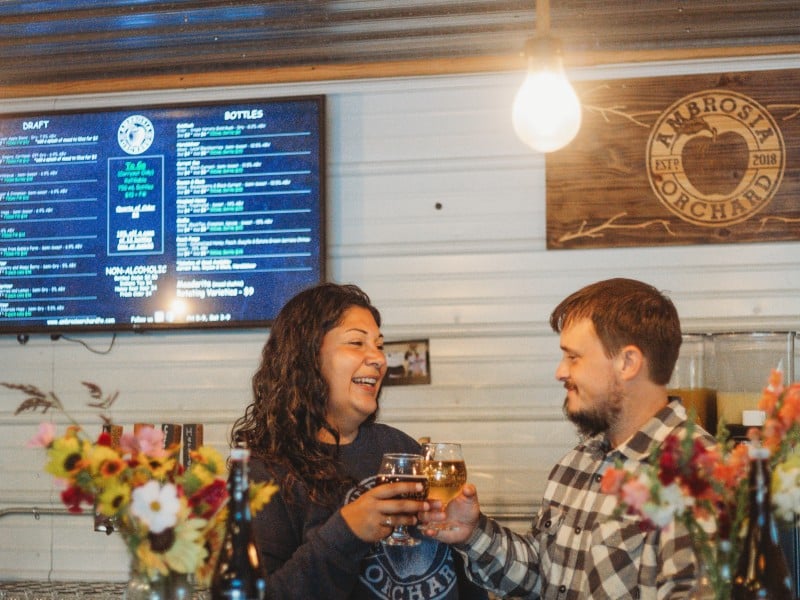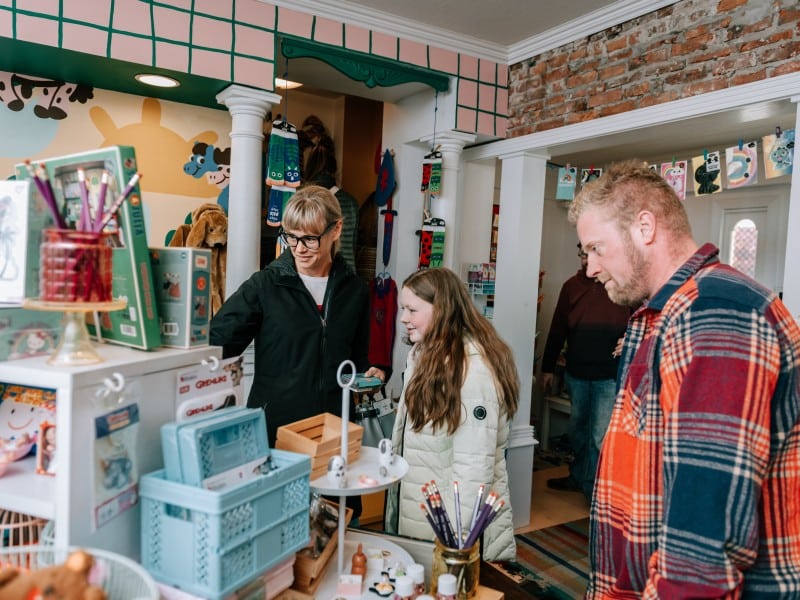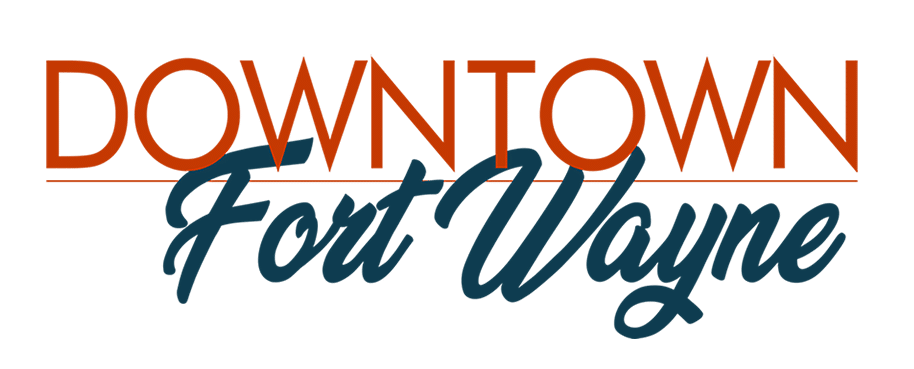How does your Latino heritage inform your approach to business?
Three Hispanic entrepreneurs blazing their own trail in different industries answer this question.
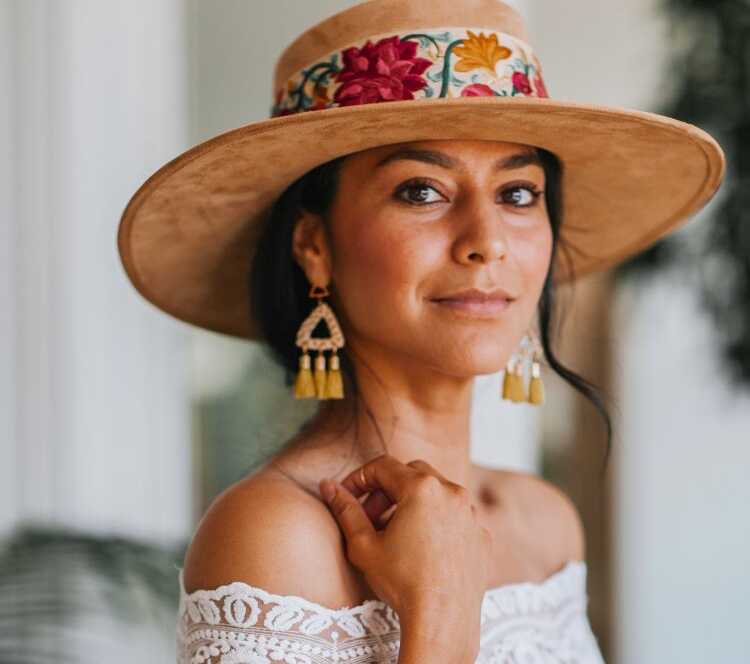
How does your Latino heritage inform your approach to business? Three Latino entrepreneurs blazing their own trail in different industries answer this question.
José Cruz
José Cruz is the owner of Crimson Knight Tattoo at 1804 ½ W. Main St. But before he was an entrepreneur, he worked his way up the corporate ladder. Most recently he worked for a property management company. He was promoted from leasing coordinator to a regional representative.
“I would travel from state to state overseeing projects,” he says. “It was a really good experience, and I learned a lot from it, but there was something missing.”
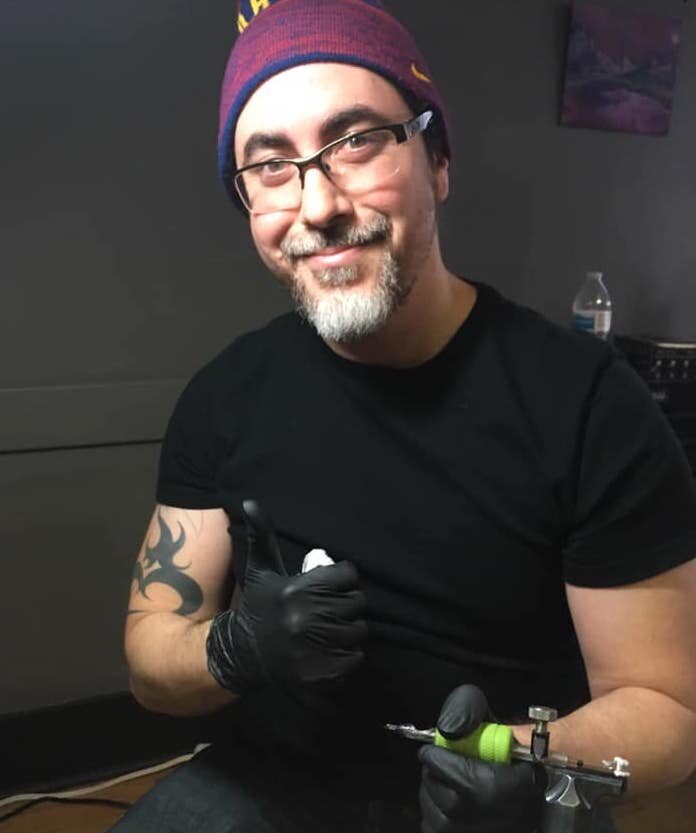
For Cruz, a formally trained artist and a graduate of the University of Saint Francis, that something was a creative outlet. It was an existential struggle, as he put it.
“If there’s something that you’re supposed to be doing in life, and you’re not fulfilling that, you feel like you have this empty void,” he says.
Around that time his brother, Obie, graduated from what’s now Purdue Fort Wayne. So Cruz decided to make it a family affair and partner with his brother to open up Crimson Knight, a tattoo shop and art gallery. He wants to elevate the tattoo industry as a whole while providing a space for local artists to showcase their work.
His vision came to life about a year and a half ago, when he completed the restoration of a previously distressed space. Cruz says the response from the artist community has been positive.
“We put on about six to eight art shows last year, and so far this year, we’ve done three shows as well.”

He acknowledges that this would not have been possible without the support of his family and the stability of a full-time job at a local firm. He parents taught him the value of hard work. And although he grew up poor, Cruz says rich cultural experiences left a mark on him.
“As a child, my first experience with art was actually with my parents,” he explains. “I saw all of these pictures and paintings in their Bible. At the time, I didn’t know too much about religion, but I remember thinking to myself, “Wow.”
It was those artists, whom Cruz refers to as “the masters” that later inspired him. Now he’s carrying on the favor.
“At this point, I really want to inspire and teach so that others learn from what I’ve done,” he says. “So that in the pursuit of happiness, I can make this world a better place.”
Amparo Rojas
Under the umbrella of Worn Intentions, the Mexican-born entrepreneur Amparo Rojas designs and makes hand-crafted jewelry pieces for both men and women. Her complementary services include jewelry making workshops and feminine empowerment coaching.
For Rojas, the path to entrepreneurship was accidental in a way. In the summer of 2017, she went to a yoga retreat. A friend was wearing a gemstone necklace that caught her eye. She wanted to buy it, but it was out of her budget. So Rojas did what a lot of entrepreneurs do: She found another way.
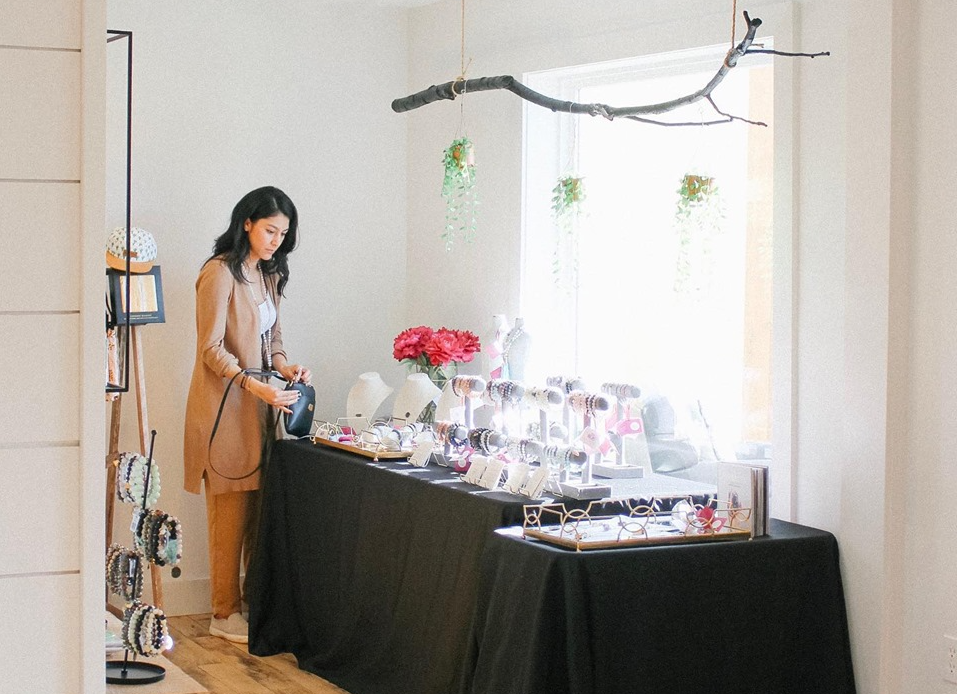
She went on YouTube to find tutorials and ended up purchasing gemstones. She was hooked and continued making pieces not only for herself, but also for retail. Fast forward to today, and she’s pursuing the business full time.
Rojas sells her pieces at markets and through an online store. But if you ask her, there’s much more to the business than making money.
“I believe heavily in the mind-body connection,” she says. “The world we create is entirely based on our emotions and our thoughts.”
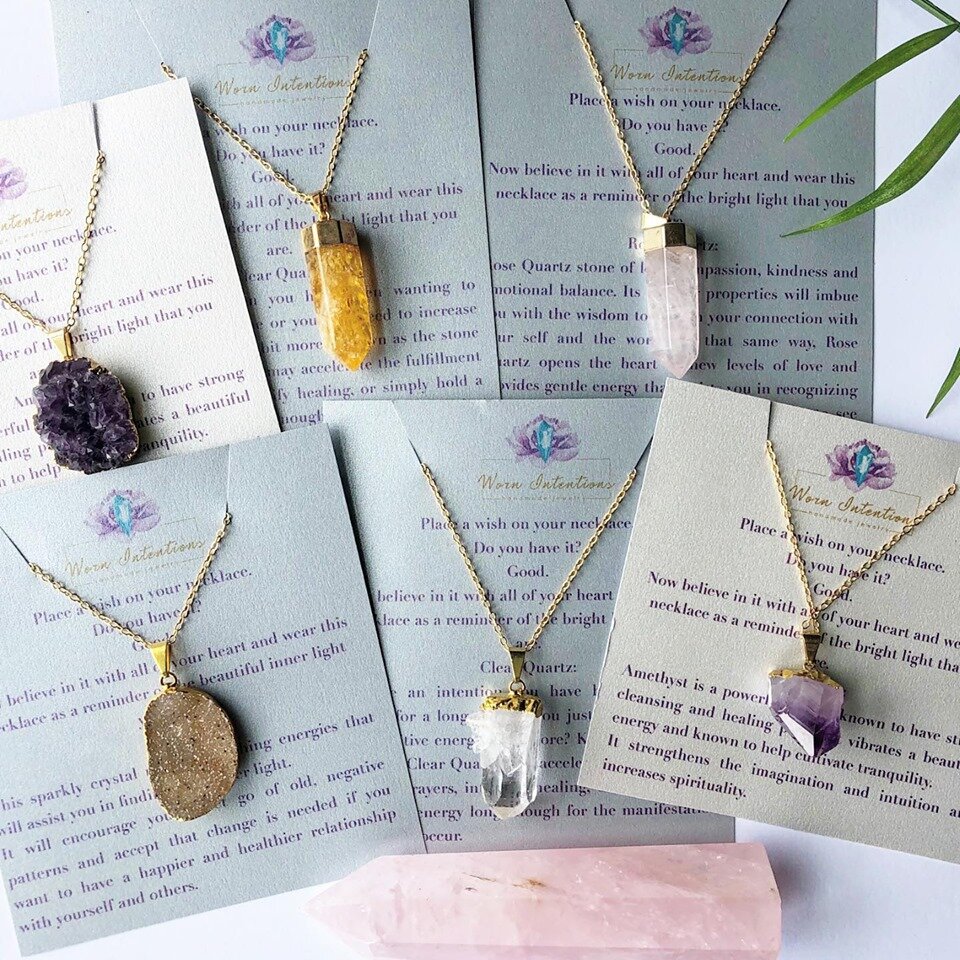
Her business is rooted in this philosophy.
When customers wear her jewelry, she wants them to feel empowered and in control of their destiny. The gems and crystals are the centerpieces of each item, which is an intentional move on her part, too.
According to Rojas, for centuries people have believed that these natural elements hold special spiritual powers. That’s why she handpicks each of them to ensure their quality.
In this way, the business is an extension of her values, and she intends to maintain that artistic control even if the business scales. Speaking of art, Rojas says she feels most drawn to the works of Frido Kahlo and Diego Rivera. Both artists came from the same area of Mexico as her family. To her, they represent the beauty and diversity of Mexican heritage and art.
Sal Soto
Sal Soto started a translation company called DeSoto Translation & Marketing in 2000. Although he doesn’t speak much Spanish, Soto is Mexican-American, and his family roots run deep in southern Texas.
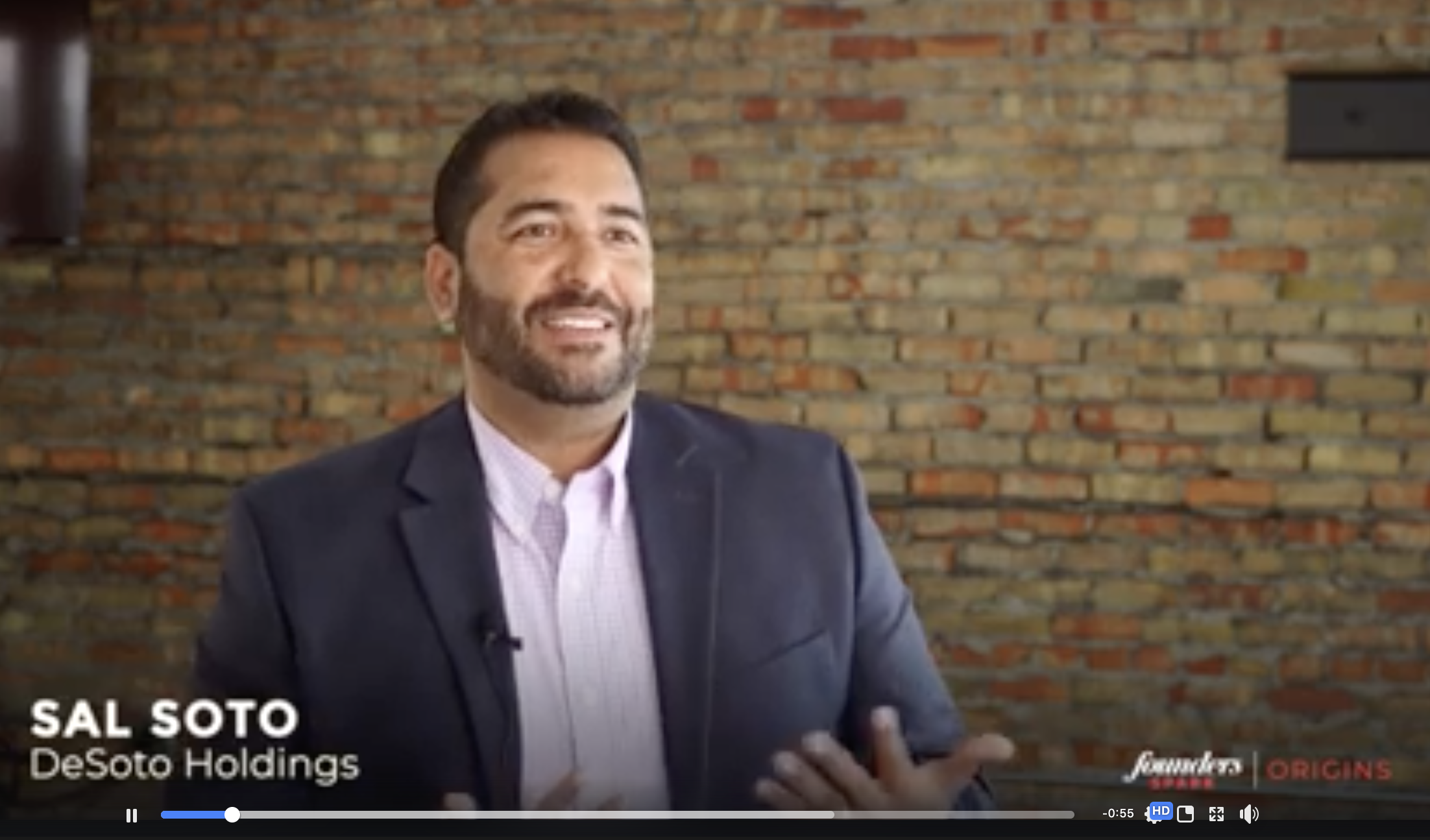
Currently working as a real estate agent with Keller Williams Realty, he says his pursuits all go back to this first iteration as an entrepreneur.
“It all goes back to when I first started my company DeSoto, trying to find cheap office space,” he says. “And later on, I was trying to find an office or a house in the 46807 zip code because I grew up on the south side.”
He had a knack for finding real estate, and Hispanic entrepreneurs would come to him for help finding offices and negotiating deals. In the process, Soto realized there was an opportunity.
“I was like, you know, I might as well get paid, right?”
So he decided to give it a go a few years ago and pursued a real estate license. His business, DeSoto Holdings, came out of that endeavor. He invested the first several years building up the infrastructure of his business, what he calls “laying the foundation.” Today he helps consumers and business owners find property.
The serial entrepreneur says while real estate is a relatively new endeavor for him, the underlying concept is not. Ultimately, it always goes back to trying to solve people’s problems and then trying to match them up with the best solutions.
The real estate business relies heavily on trust, and trust is built on relationships, something Soto learned from a young age.
“Mexican culture is about creating relationships, and that’s where the trust comes into play,” he says. “In our culture, you establish that rapport, and then you do business. Not the other way around, like we’re used to in traditional American society. To skip that process was almost like disrespect. But I think in the last five or 10 years, we’ve shortened that process because everything is moving faster in our world. So the question is: How do you create an authentic relationship with somebody when you only have a few hours?”



